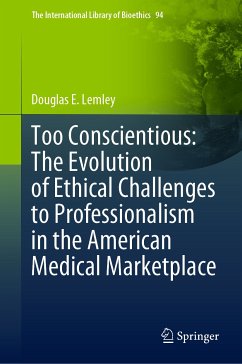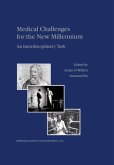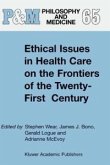This book addresses the fundamental conflict of interest that physicians face in their daily work lives between the ethics of proper medical care versus the demands of standard business practices. However, unlike other books of this sort, this one places direct responsibility for this ethical dilemma upon the shoulders of physicians themselves. Taking ethical, legal, and business perspectives into account, the book traces the historically evolving response of American physicians to ever-increasing business interests within the profession. These financial concerns now have become intrinsic not only to the practice of medicine but seemingly also to the character of a growing segment of its practitioners. The book offers a plea for a change to a more socialized healthcare system as used in other advanced nations.
Dieser Download kann aus rechtlichen Gründen nur mit Rechnungsadresse in A, B, BG, CY, CZ, D, DK, EW, E, FIN, F, GR, HR, H, IRL, I, LT, L, LR, M, NL, PL, P, R, S, SLO, SK ausgeliefert werden.









